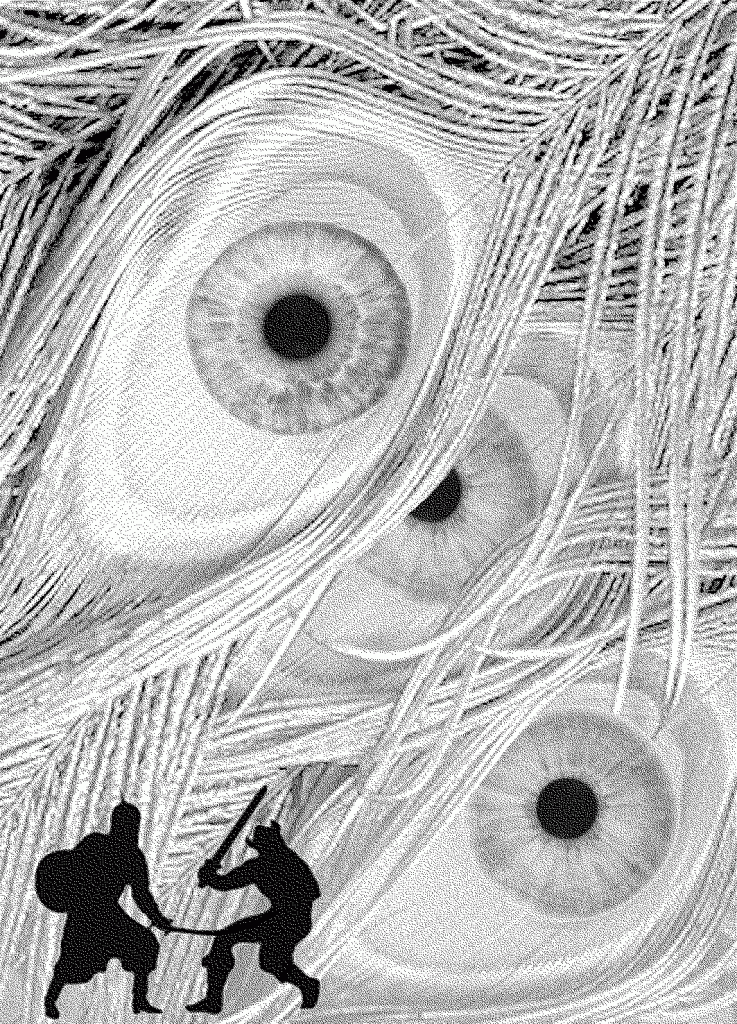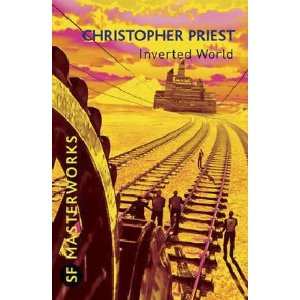I watched the film ‘The Time Traveller’s Wife’ recently. I wasn’t expecting to be crazy about it, having not been that taken with the book by Audrey Niffenegger (there was something about the authorial voice that jarred, though I admired the idea of it, and admired the feat of plotting a relationship between two people for each of whom the same life events occur in a different order). There were some irritating things in the film too, but overall I enjoyed it very much. It seemed to follow the novel pretty closely, but this is perhaps a story that benefits from not having to have a narrator.
The Time Traveller has an affliction which means that from time to time, suddenly and without warning, he flips forward or backwards in time, leaving an empty pile of clothes, to return again after an hour, a minute, a week… His wife first meets him, many times, when he is an adult man and she is a little girl. Then, when she is an adult, she meets him again, a man she has known and loved most of her life, but he doesn’t know her at all, because he hasn’t yet reached the age at which he first flips back to her childhood. Watching the film, I felt there was something rather wonderful about this notion. It was one of those ideas that prod away at the mind.
He dies quite young, but after he is dead , he comes back again a couple of times – not a ghost, not an apparition, but completely alive and well, younger than he had been when he died, and able to tell his wife, the precise time in their mutual past from which he’s just flipped. The first time he meets his daughter is when he has flipped forward from a time before she was born to a time in the future when he has already died.
And these dislocations too, prodded away at my mind all the next day. Rather in the way of the bold, simple central idea of the novel Inverted World which I wrote about here recently, this simple device of a woman having a relationship with a time traveller was one of those ideas which I find satisfying because they are rich in metaphorical possibilities, but can’t simply be translated into a single ‘meaning’.
It made me wonder, for instance, whether all relationships are really relationships between time travellers, since we all travel back and forth between our present and our past, and are in some moments grownups and in others adolescents or children, so that ever day the relationship between two people presents endless possible combinations…
It made me think of Kurt Vonnegut’s Tralfamadorians, for whom time is essentially the same as space, so that the idea of a person not being alive for ever is no more distressing than the fact that a person does not exist at every point in space…
It made me think of the way that I am myself a time traveller, sometimes dealing with the world in front of me, but again and again sliding back to struggles from my past, or slipping sideways into imaginary or faraway places where I don’t exist at all.
PS And incidentally, to return to the theme of my previous post, the fact that time travel is impossible (let alone a genetic condition that causes time travel!) is entirely irrelevant to the question of the worth of this book. Being possible or plausible in a literal sense, is not the only way in which a story can connect with real life.


